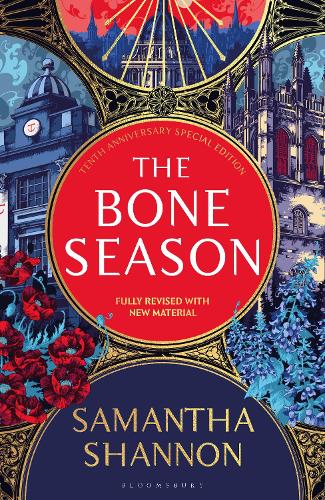Each year, we ask our Library staff to recommend some summer reading. A wonderfully eclectic and fascinating list always emerges, so prepare to dip your toes into something special.
Sarah Arkle, Deputy Librarian
I declared 2024 ‘my year of rest and re-reading’ and, having managed to barely do either, my first recommendation this summer is not a re-read, but the very newly released Private Rites by Julia Armfield. Set in a distant future where it never stops raining, it may not instantly scream beach read, however, it is a highly anticipated summer read, following on from the success of Armfield’s excellent first novel, Our Wives Under the Sea.
Private Rites concerns three sisters navigating grief, sisterhood, queerness and the end of the world. The novel considers the ways that we keep going in the face of both personal tragedy and global catastrophe, and does so without being cynical or pessimistic. You can find all three of Armfield’s books in our general collection at Gen Arm.
Second – perhaps more seasonally appropriate – is Lucie McKnight Hardy’s Water Shall Refuse Them. This actually was a recent re-read, I first read it in 2019 when it was originally released, and gifted it to several people that year for Christmas and birthdays. Set over a summer in rural Wales during the heatwave of 1976, this folk-horror infused coming of age novel is sticky and unsettling and hard to put down – or forget.
Lastly, a book I have read this year that has really stayed with me is Nicola Barker’s Darkmans. It is a serious tome, 838 pages long – an absolute unit of a book, primarily about the ghost of a medieval jester haunting contemporary Kent. It is weird, it is long, but it is rewarding – the characters are richly imagined and Barker does some interesting, funny and playful things with language throughout. I am certain our copy sits – as yet unborrowed – at Gen Bar in the general collection on the ground floor, awaiting a reader in need of a challenge (and with a long holiday on the cards).


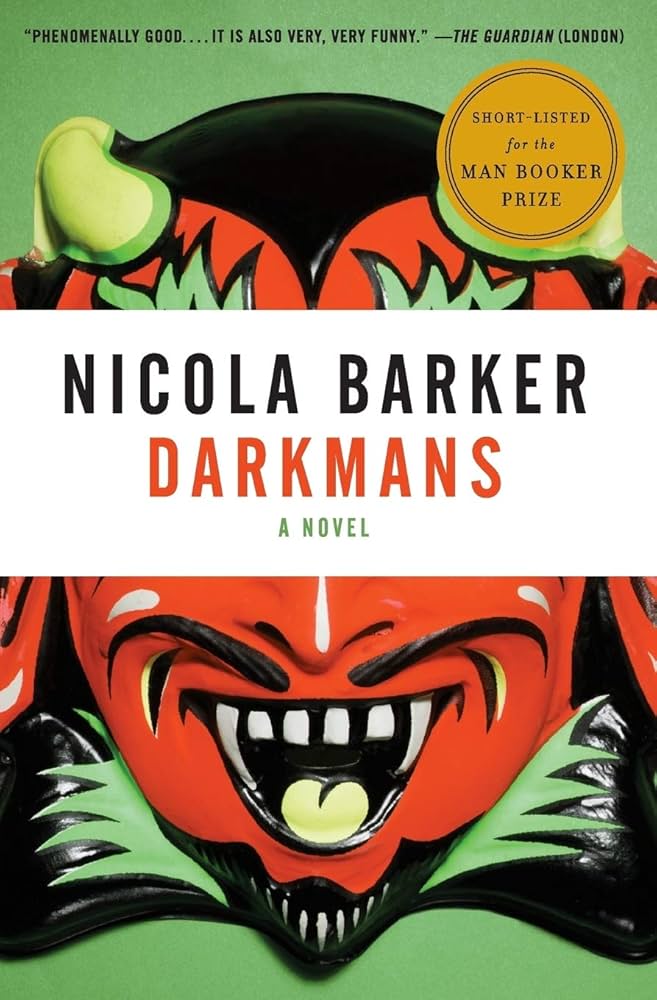
Matt Shaw, Librarian
Last year was a big year for the First Folio (its 400th anniversary), and this did not pass unnoticed by publishers. As a result, I’m still catching up with some titles published in 2023. These include Chris Laoutaris’ Shakespeare’s Book: the intertwined lives behind the first folio, which puts a human face on finely-researched book history, and, in particular, Greg Doran’s My Shakespeare: A Director’s Journey through the First Folio, which combines memoir, brilliant close-reading of texts, theatrical insights (and anecdotes), and travel writing, within the wider, inescapable frame of the grief of the loss of his husband, Antony Sher.
More traditional beach fare might be provided by Sue Grafton’s ‘Alphabet Series’ of detective novels, which I am very late to discover. Dive in, as I did recently, with C is for Corpse and be reminded of how gumshoes used to rely on microfilmed newspapers and answering machines. Kinsey Millhone’s confidence when it matters might be contrasted with Walter Stackhouse’s self-deception in Patricia Highsmith’s The Blunderer, if you’ve returned to her following the Netflix adaptation of the first Tom Ripley novel and are exploring some of the lesser-known works of that most misanthropic of authors. Both novels also feature beach-based denouements, to follow the summery theme. The Blunderer also includes a useful warning to a librarian, perhaps, about the perils of what might be found in rare book shops.
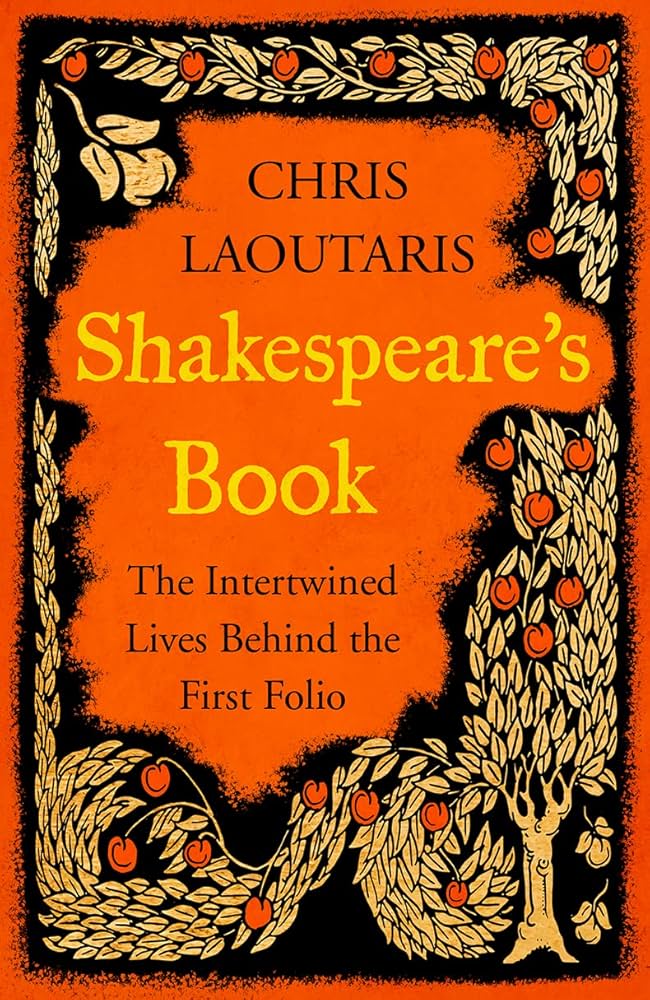
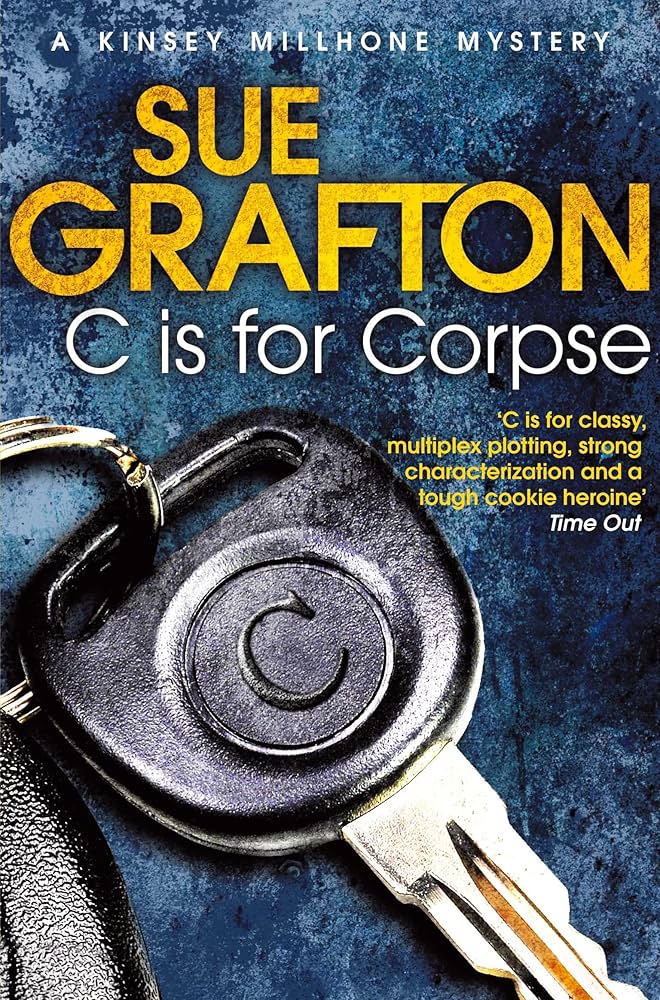

Felix Taylor, Library Assistant
This summer, read something by AS Byatt, the Booker-prize winning author who passed away late last year. Looking beyond her more famous Victorian literary-detective novel Possession, Byatt’s linked series of novels known informally as ‘the Quartet’ are set in mid-20th century England and trace the fortunes of Frederica Potter and her family, their loves, deaths, and intellectual lives. The first book The Virgin in the Garden (1978) is a coronation novel, drawing parallels between the worlds of the two Elizabeths, while the fourth – A Whistling Woman (2002) – strays into the sixties’ student revolts and new age thinking (with plenty of Tolkien references). As an accompanying piece I’d also recommend reading Patricia Lockwood’s recent article on Byatt’s work in the London Review of Books.
Next, I’ll hold my breath and recommend the newest doorstopper by Norwegian writer Karl Ove Knausgard, The Wolves of Eternity. Famous for his sprawling six-volume book based on his own life, Wolves reshashes some old ground, taking the reader into the world of a despondent young man named Syvert and his job at a local funeral home. He discovers old love letters from his dead father to a woman in Russia. Set several decades later, the second half of the book is narrated by Syvert’s newly-discovered half-sister, a biology professor Alevtina. Syvert is coming to Russia to visit, with questions about his dad. Told in Knausgard’s detailed and mundane (yet strangely riveting!) style, Wolves touches on themes of death, and what our past tells us about who we are. This is the second in a very loose trilogy, the third is due at the end of this year.
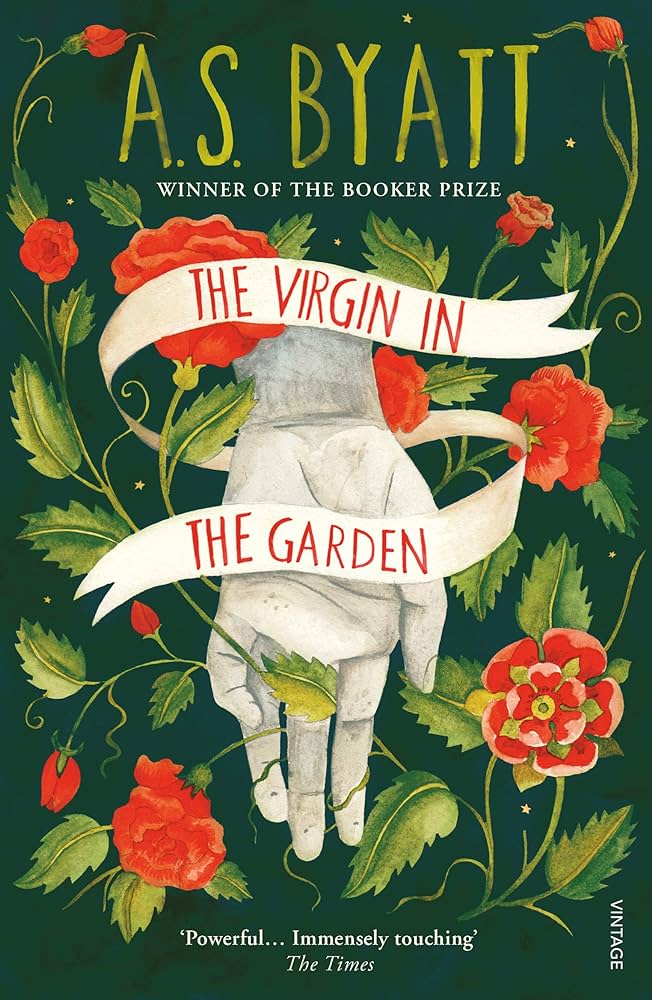
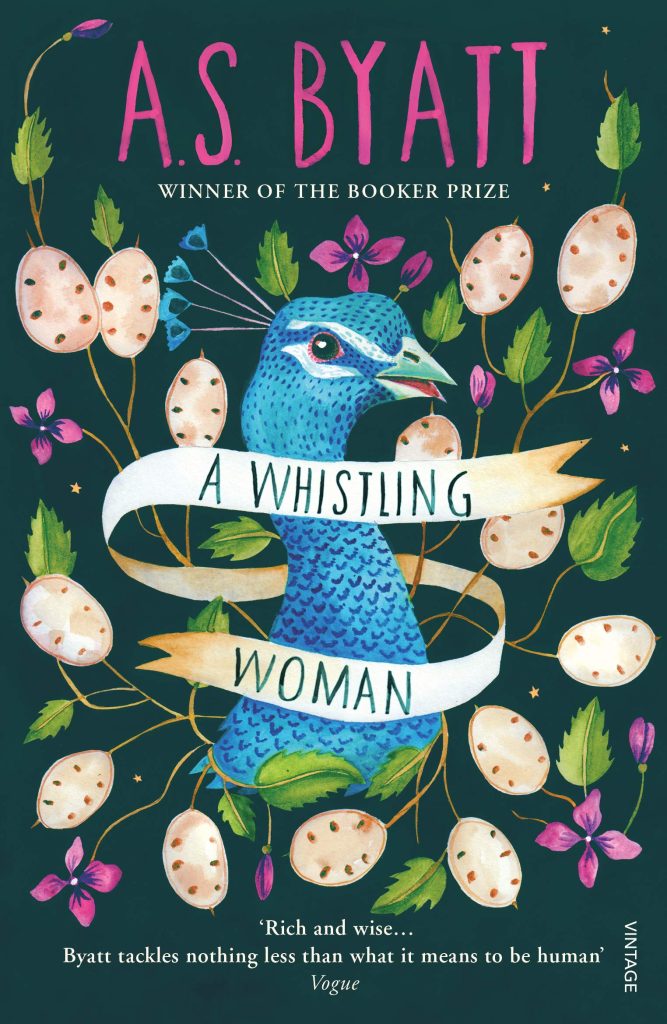
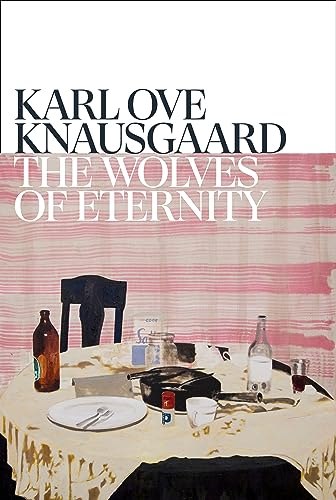
Lauren Ward, Assistant Librarian
For 2024 I decided to challenge myself to read more long books, more translated books, and more non-fiction. In the spirit of these goals, here’s one of each that I have enjoyed so far.
Samantha Shannon wrote her first novel, The Bone Season, while a student at Oxford. It, along with the other books in the series, have recently been re-released with new cover designs and substantial revisions, so I decided to give it a try. The novel is largely set in a dystopian future – 2059 to be precise – ruled by the mysterious entity of Scion. Clairvoyance is persecuted and those with ‘voyant’ gifts are forced into the shadowy underworld of Scion’s citadels. Paige Mahoney is one such voyant, happily scraping by until she’s captured and transported to a city that’s supposed to have been lost to time: Oxford. The alternative Oxford setting, shrouded in darkness and mist, is a lot of fun to read if you know the city well (Queen’s even features a couple of times), Paige is a spiky, fun main character, and there’s a lot of plot and big worldbuilding ideas to keep you entertained over all 560 pages.
At the opposite end of the page-count spectrum is Eastbound by Maylis de Kerangal, translated from the original French. Aboard the Trans-Siberian Railway Aliocha, a desperate Russian conscript, hopes a chance encounter with a French woman will offer him a way to flee. Homesick Heléne is also on the run – absconding from the house she shares in Western Siberia with her Russian lover so she can return to France. It’s a breathless, propulsive novella full of tension. Neither character speaks the other’s language and yet they must work together to evade train guards and sergeants, counting down the hours until the train arrives in Vladivostok where they can disembark to freedom. Perhaps one to enjoy in one sitting on a long-ish train journey?
Finally, for non-fiction I recommend Naomi Klein’s Doppelganger. It uses Klein’s decade-long problem with being confused with Naomi Wolf, a woman with whom she shares a name and little else, as a jumping off point to explore what she terms the ‘mirror world’ that Wolf and others inhabit. Klein explores how the shockwaves of the pandemic changed the online misinformation landscape, how politics became so warped, and how unstable identity is in a time where we each curate our own digital doppelgangers. It’s a varied and clarifying read covering a huge amount, and if you don’t trust my recommendation, it’s also just won the inaugural Women’s Prize for Non-Fiction. We recently added this one to the collection but it’s already been borrowed; when it returns you can find it under Gen Kle.
